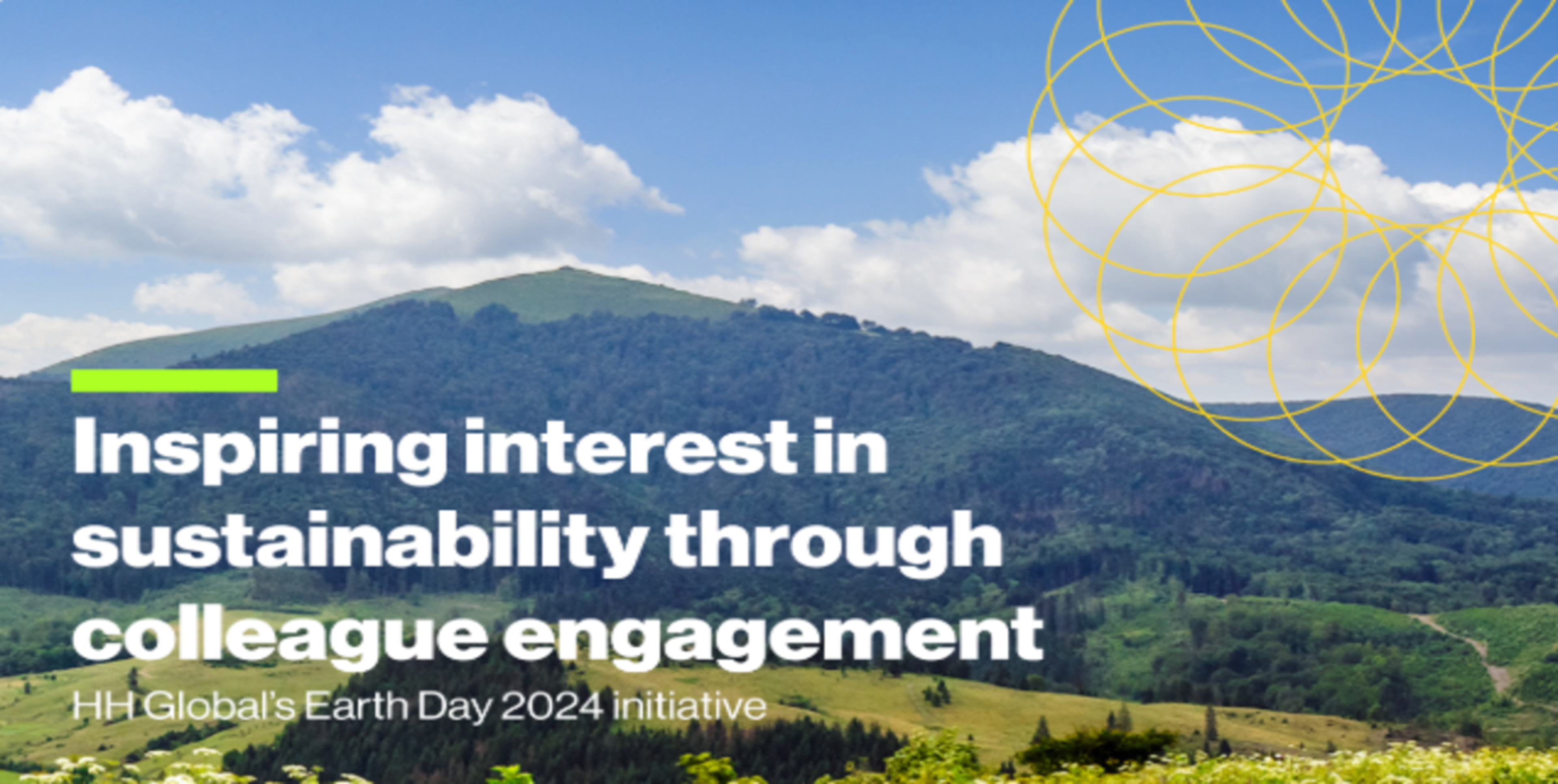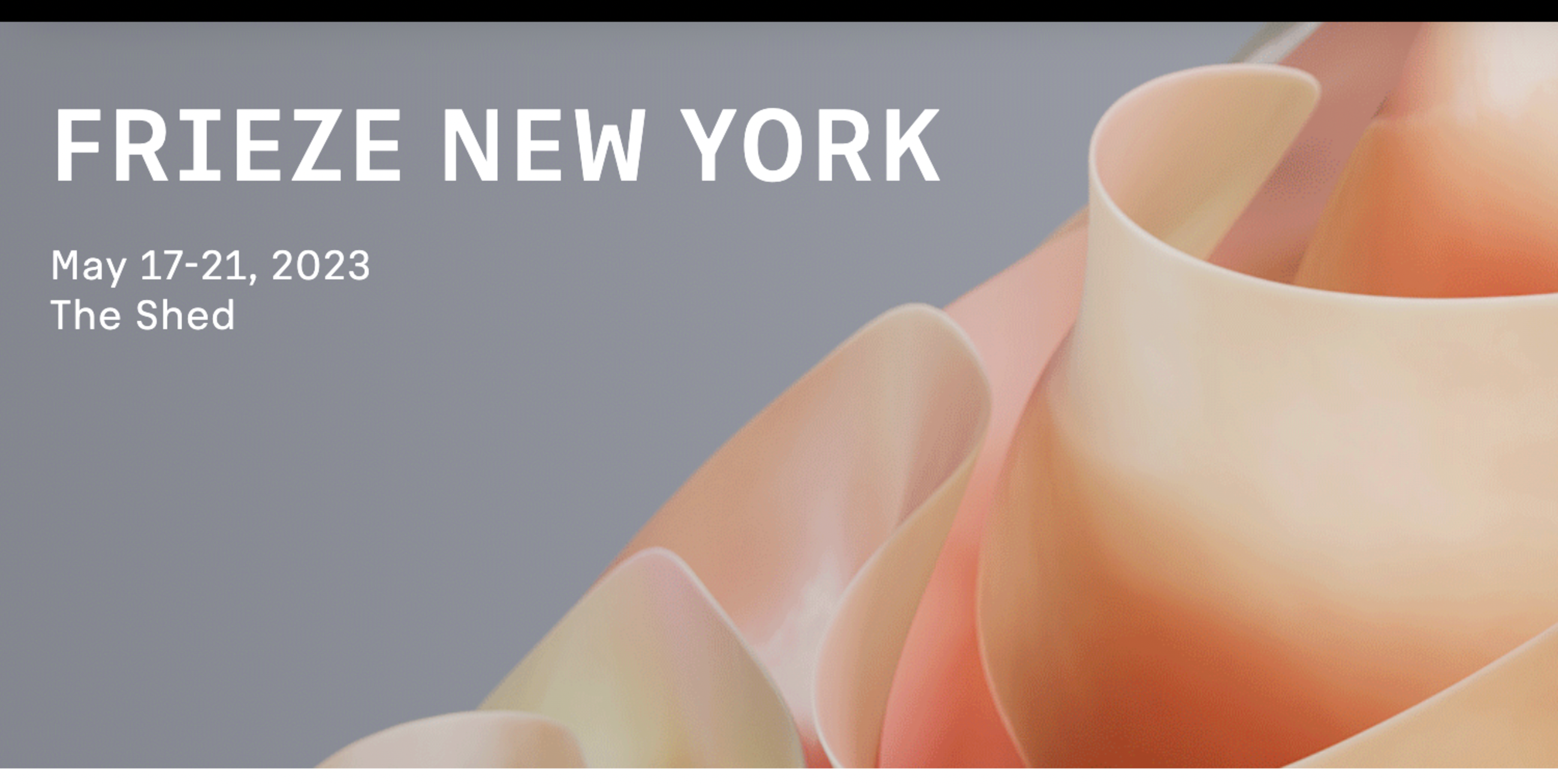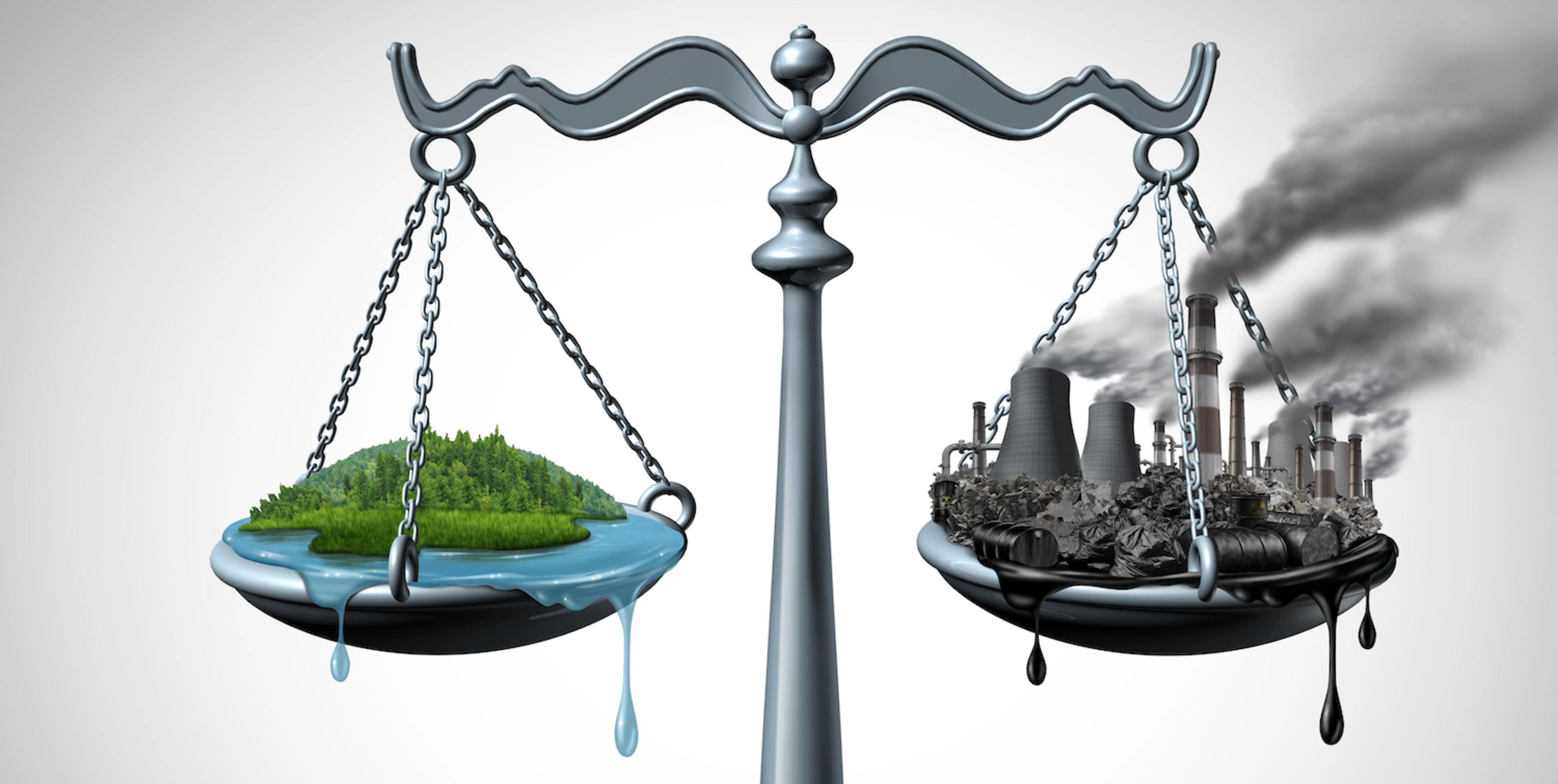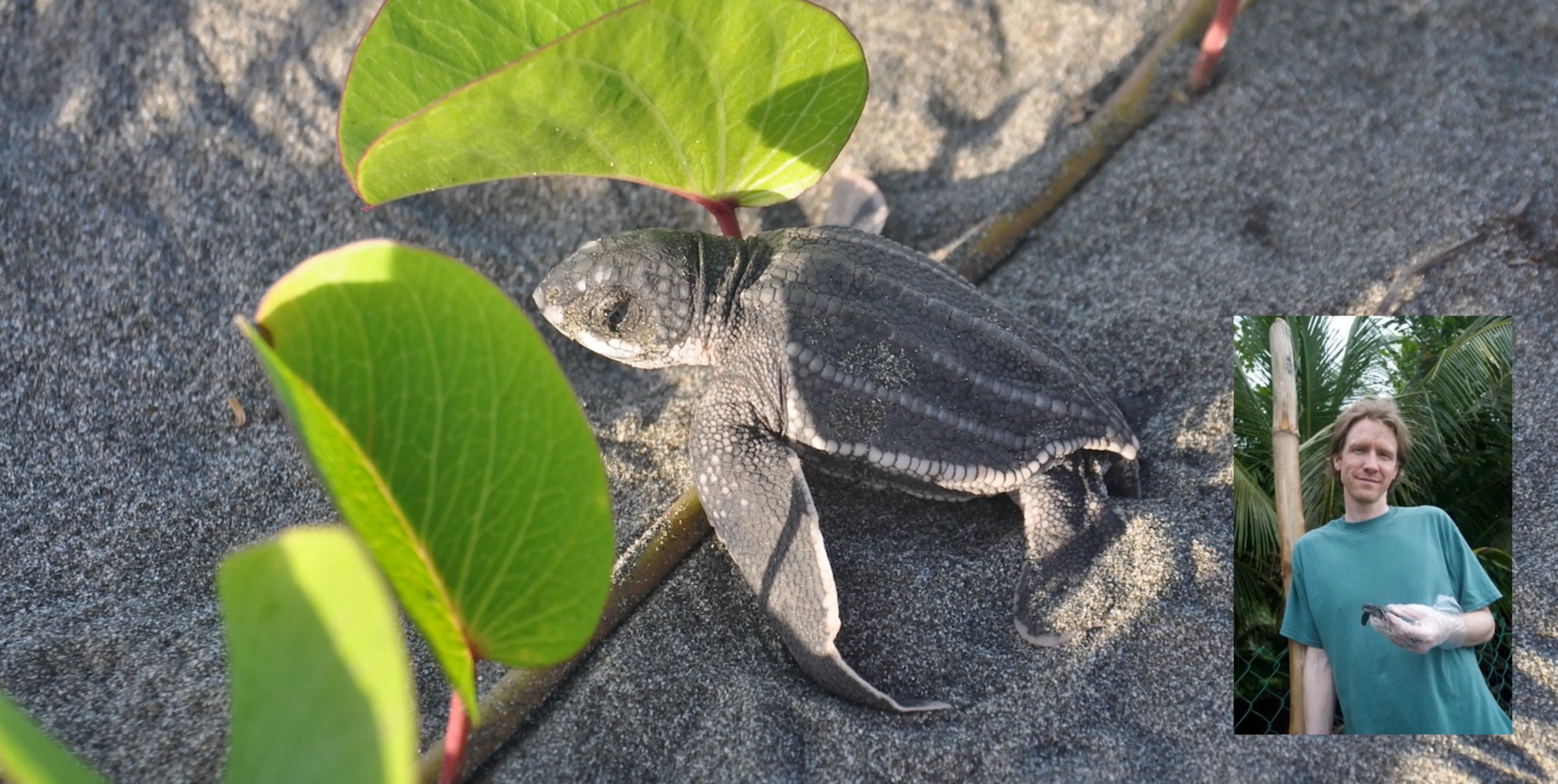Today marks the publication of yet another report from the UK Climate Change Committee showing that our response to climate change is falling chronically short of what is needed.
Of 45 adaptation requirements for the UK, only five were found “fully credible”. The assessment has found very limited evidence of the implementation of adaptation at the scale needed to fully prepare for climate risks facing the UK. A similar picture is emerging around the world. We’ve also seen new exposes of poor-quality carbon offset projects. From Survival’s Blood Carbon: how a carbon offset scheme makes millions from Indigenous land in Northern Kenya to Climate Home’s investigation on dubious carbon offsets from Chinese rice paddies, we are seeing consistent evidence that traditional carbon offset projects are not delivering for the planet and creating huge risk for brands that use offsets rather than focusing on funding the most impactful projects.
Businesses still pursing offset-only strategies or failing to take any action at all are taking increasingly serious brand risks. There is a better way.
At Pinwheel we have been pioneering an approach that places additionality at the heart of our project funding decisions and allows brands to deploy a mixed model response to climate change and biodiversity loss.
Not only does this reduce reputational risk, we believe it vastly increases positive impact for the planet. It also provides compelling brand stories for brands, especially when activated via the Pinwheel employee and customer engagement platform.
Our chief executive, Gavin Sheppard, spoke about these issues this week to leading marketing thinker Paul Frampton for his hugely popular Time for a Reset podcast. It’s a great overview of the issues for brands in this area and how the Pinwheel approach is changing the market. It’s a 30 minute episode and you can listen for free here.










